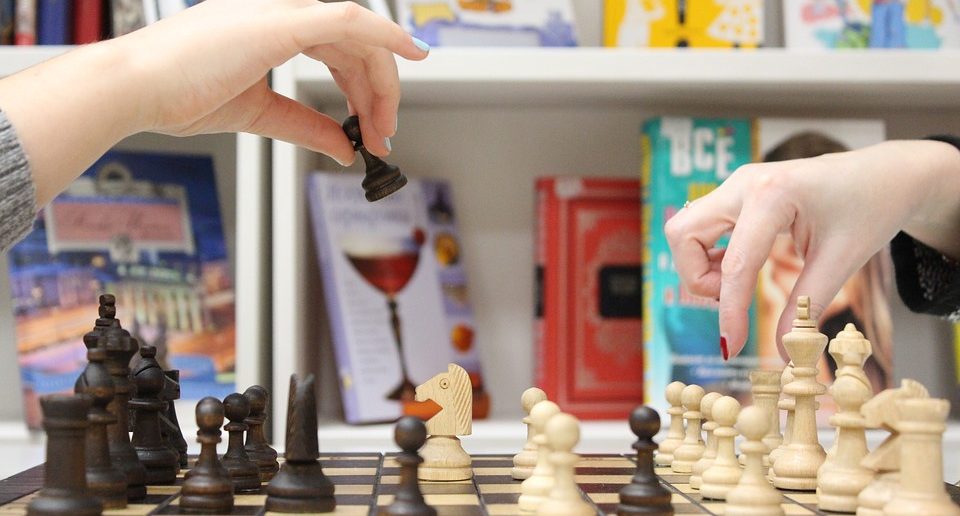In many countries, the lifespan of humans has increased drastically over the past few decades. Human lifespan has gone up and people are living longer than ever, but that doesn’t mean they are always living happier than ever. Many people who are getting older are also becoming more frail and having issues with decaying cognitive abilities, and they may even consider seeing if there is, say, a Lincoln assisted living facility near them that they might be able to move into in order to receive the additional support and care that they need each day. Some folks, on the other hand, are adamant about not moving into a care facility. If you have someone like that at home, seek an in-home care service in your area so that your loved ones can remain in the comfort of their own home while receiving the assistance they need. It’s as if you smashed the jackpot with a single stone. If you’re not sure where to find one, check sites like Care for family.
The following article will hopefully give you some insight into how to preserve the brain from decaying over time. Even though most people know that it is inevitable for the brain to start degenerating, we want to prevent things like Alzheimer’s disease, senile dementia, and others.
Step #1. Start early
The worst thing you can do is wait until the symptoms and signs of brain decay have already hit. So many people treat Alzheimer’s disease and senile dementia after memory starts to fade and other symptoms start to hit. The truth is, we need to start preventing decay earlier. This can be done through a host of things, but it is often useful to use nootropics.
Nootropics are supplements that improve brain health in some way. Natural options like bacopa monnieri improve memory and don’t come with many side effects like other prescription drugs do. Starting as early as 26 – 30 years old can help to stem the tide of brain decay in later life.
Step #2. Avoid toxins
Every time you enjoy a few drinks with friends, consider the brain cells that you are killing. It may not appear to be a big deal at first, but it will accumulate over time and may eventually cause problems such as dementia. Dementia effects may also cover issues like difficulty moving, medication side effects, illness (such as infections), or discomfort and pain. The individual may also develop age-related health issues, such as arthritis and rheumatism. If you drink on a regular basis, you never know what will happen.
That is why, it is a really good idea for you to make sure to avoid toxins as much as possible. This doesn’t mean become a hermit and live in a shed, but it does mean you must be cognizant of the different problems that you can face.
Step #3. Keep your mind active
One of the biggest mistakes that anyone can do is to retire and stop using the mind. Not only is this terrible for the brain’s health, but it is also a great way to feel unfulfilled and unhappy. The vast majority of people who are spending their time away from activity find that it creates all kinds of problems.
Instead of making that mistake – stay active and get the most out of life for as long as possible. That is the best way to prevent your brain from decaying.
Step #4. Follow a Brain-Healthy Diet
Eat a diet rich in fruits, vegetables, whole grains, lean proteins, and healthy fats like olive oil and fatty fish. These foods provide antioxidants, vitamins, and nutrients that support brain health.
Limit processed foods, saturated fats, and refined sugars, which can contribute to inflammation and cognitive decline.
Step #5. Consider In-Home Care
As mentioned in the article, some people may choose to stay in their own homes as they grow older, rather than moving to an assisted living facility. In such cases, they can explore home care services in philadelphia (or wherever they live) to receive valuable support and assistance with daily activities, managing medications, and engaging in cognitive stimulation activities.
Trained caregivers can also help monitor for signs of cognitive decline and provide personalized care tailored to the individual’s needs.
Step #6. Stay Socially Connected
An active social life stimulates the brain and may reduce the risk of cognitive decline. Make an effort to stay connected with friends and family, join clubs or groups with shared interests, volunteer in your community, or take a class to meet new people.
In conclusion, while some cognitive decline is an inevitable part of aging, there are many proactive steps you can take to help preserve brain health and prevent or delay conditions like Alzheimer’s disease and dementia. It’s crucial to start early by adopting brain-healthy habits like taking nootropic supplements, avoiding toxins, exercising regularly, and staying mentally and socially engaged.
As you get older, paying close attention to your diet, sleep, and stress levels becomes even more important for supporting optimal brain function. And for those who wish to remain in the comfort of their own homes, professional in-home care services can provide invaluable assistance with cognitive stimulation, daily care needs, and monitoring for signs of cognitive decline.
Preserving your brain health requires a multifaceted approach targeting all aspects of your lifestyle and environment. While the prospect of cognitive decay can be daunting, being proactive and making your brain health a priority can go a long way in maintaining your independence, memories and quality of life as you age. It’s never too early or too late to start incorporating these brain-preserving strategies into your daily routine.





